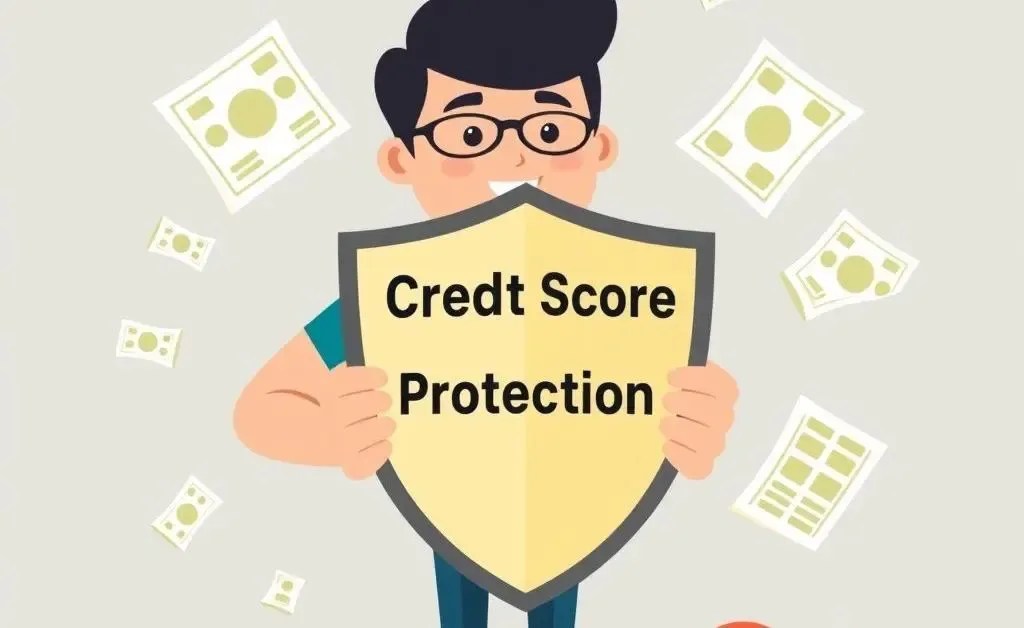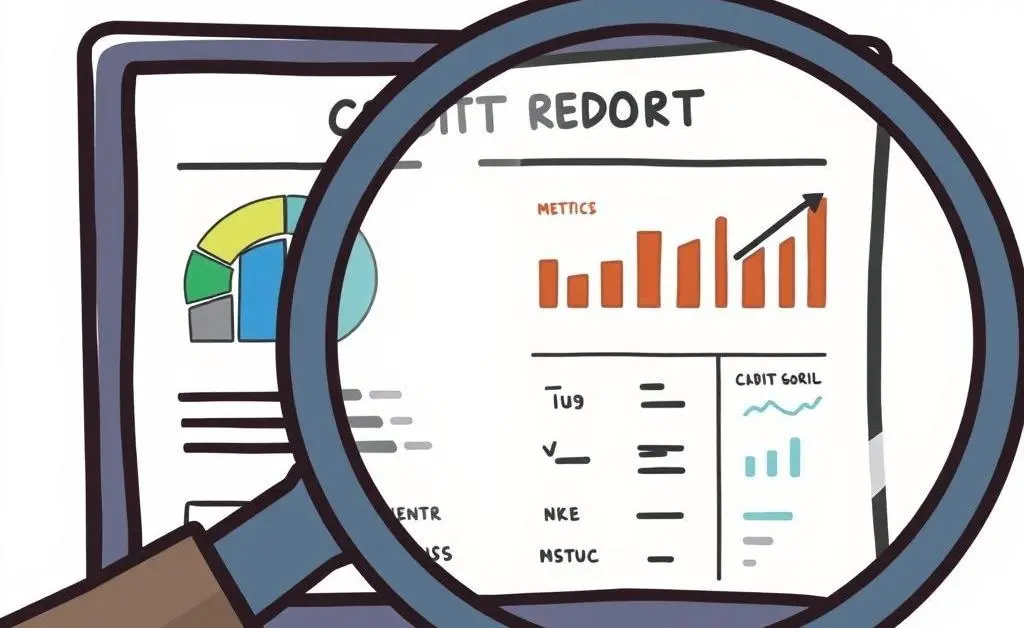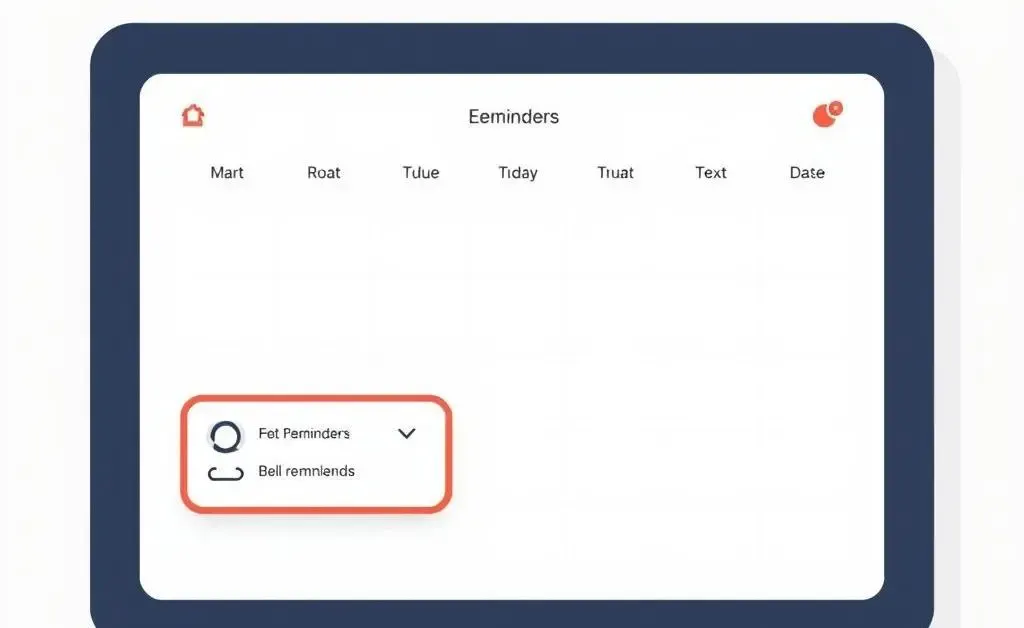How to Safeguard Your Credit Score from Threats and Mistakes
Learn how to protect your credit score from threats and errors with practical tips and a friendly approach.

Have you ever gotten a call about your credit score and your heart dropped immediately? You're not alone. Our credit scores are like invisible report cards that dictate many aspects of our financial lives, and the thought of someone threatening to damage them can be downright scary.
Understanding Your Credit Score
First things first, it's essential to know exactly what's on your credit report. Think of your credit report as a vital map of your financial behavior—a tool, really, that helps you make decisions. Regularly checking it is crucial, so you can catch any incorrect information or curious new entries.

What's a Credit Report, Anyway?
A credit report typically includes:
- Your bill payment history.
- Current debts.
- Loans or credit accounts.
- Public records related to finance (like bankruptcies).
Familiarizing yourself with these elements helps you spot and address issues before they become big problems—even if they're just threatening to be.
Protecting Your Credit Score from Threats
Now, let's delve into the juicy stuff: what happens when a party, like a landlord, threatens your credit score? Well, it's all about communication and preparation.

Dealing with Conflicts Calmly
I remember once when a friend, let's call her Julie, faced a similar situation. Her landlord was unhappy about some aspects of her lease and dropped the "I'll mess up your credit" bomb. Instead of panicking, Julie did something extraordinary. She requested a face-to-face meeting and calmly discussed the unresolved issues. They managed to find a compromise, avoiding any credit drama. Honest communication can truly be a game-changer in such scenarios.
Precautionary Measures: A Little Goes a Long Way
To prevent these threats from ever touching your precious score, here are some straightforward tips:
- Set up automatic payments for bills to avoid missing due dates.
- Regularly review your credit report using free resources like AnnualCreditReport.com.
- Address disputes quickly through official channels to get errors corrected.
- Establish a friendly rapport with creditors and landlords; open communication can prevent misunderstandings.

Conclusion: The Power of Proactivity
Your credit score is unique to you, and safeguarding it involves being proactive and informed. By staying on top of it and addressing issues before they escalate, you can keep your credit score healthy and reliable.
So, what proactive steps are you planning to take to protect your credit score today?




